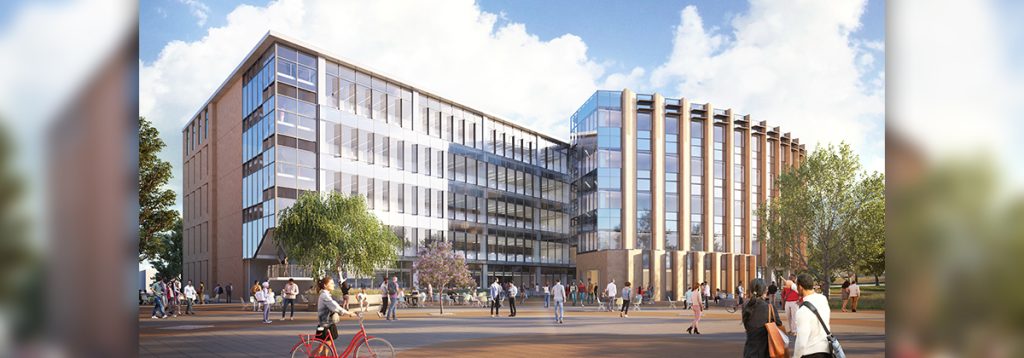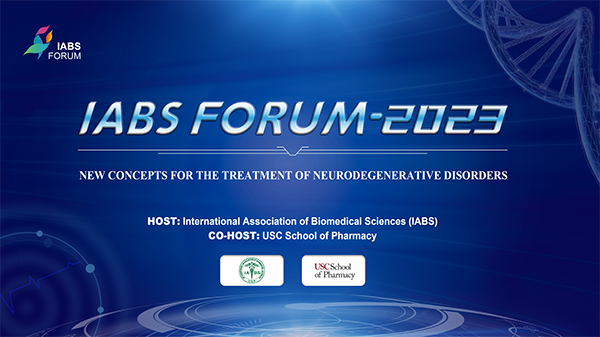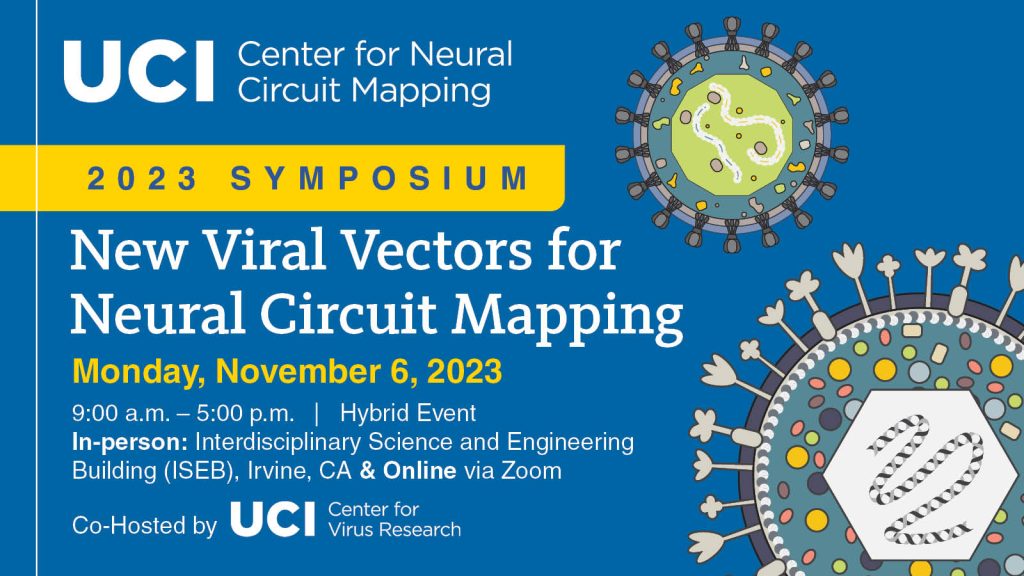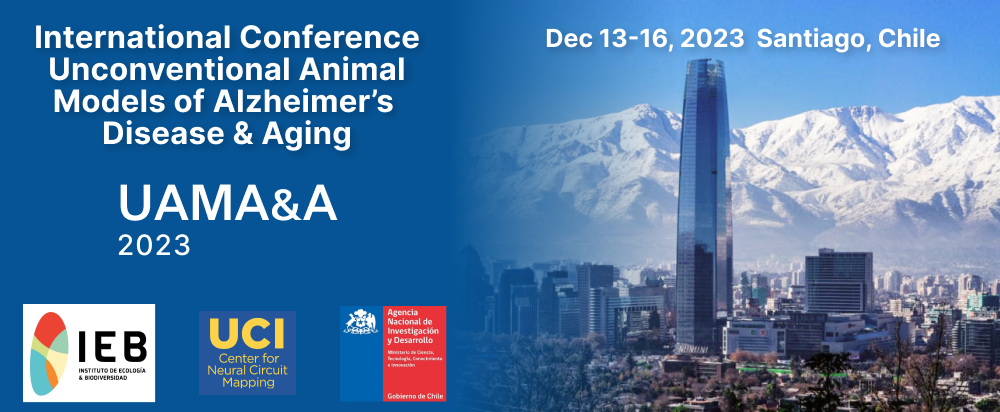A research team co-led by the University of California, Irvine, Stanford University and the University of California, San Diego has discovered that there are special neurons dedicated to representing the convex and concave features of environments (commonly referred to as “corners”) in their study of the brain’s spatial mapping system.
The study titled “Subicular neurons encode concave and convex geometries” is published today online in the journal Nature. The discovery was made possible by extensive and close collaboration among Drs. Yanjun Sun (Stanford), Douglas A. Nitz (UCSD), Xu Xiangmin (UCI) and Lisa Giocomo (Stanford). Their findings have implications in understanding how our abilities of spatial navigation and environmental explorations are affected in aging and Alzheimer’s disease.
Read more here: UCI School of Medicine News








